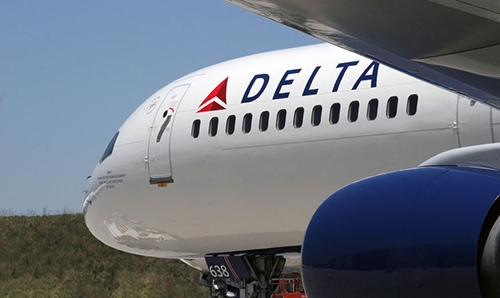America's airlines introduce class below economy
As the candidates in America’s presidential race pontificate on the growing divide between the haves and the have-nots, the country’s airlines are busy segmenting customers between the haves, the have-lesses, the have-somewhats, the have-nots and, now, the have-nothing-at-alls.
Airlines have long seen profitability in investing heavily in first- and business-class while degrading the flying experience in coach to cut costs. First there was the creation of premium economy, which charges passengers extra for what used to be a standard amount of legroom, and for the exit-row seats that were previously the dominion of in-the-know flyers. Now there is a new class, a cut below standard economy. Please welcome “basic economy”, known to some as “last class”.
Delta was the first big airline to introduce basic economy, and it refined it last year as one of its five fare classes. Now United and American have both announced that they will be debuting their versions of basic economy later this year.
From the airlines’ perspective, last class is an effort to compete with the profitability of no-frills competitors such as Spirit and Frontier. Airlines can cut costs by limiting the things to which passengers are entitled. Eliminating upgrades and standby flying for certain passengers reduces administrative overheads. And forcing some passengers into the seats no one else wants could reduce the risk that they will remain vacant.
But some people suspect a more nefarious motive: Delta and its rivals are making basic economy so unpleasant that people will pay extra to “upgrade” to standard economy.
Press coverage of the new fare class hasn’t been kind. Time called it “worse than any low-fare carrier option”. Forbes warned that passengers “may soon be crying foul”. A writer for the Star Tribune of Minneapolis complained, “I felt more like I was being made to pay for the privilege of selecting a seat than being offered a way to save.”
Related Posts

